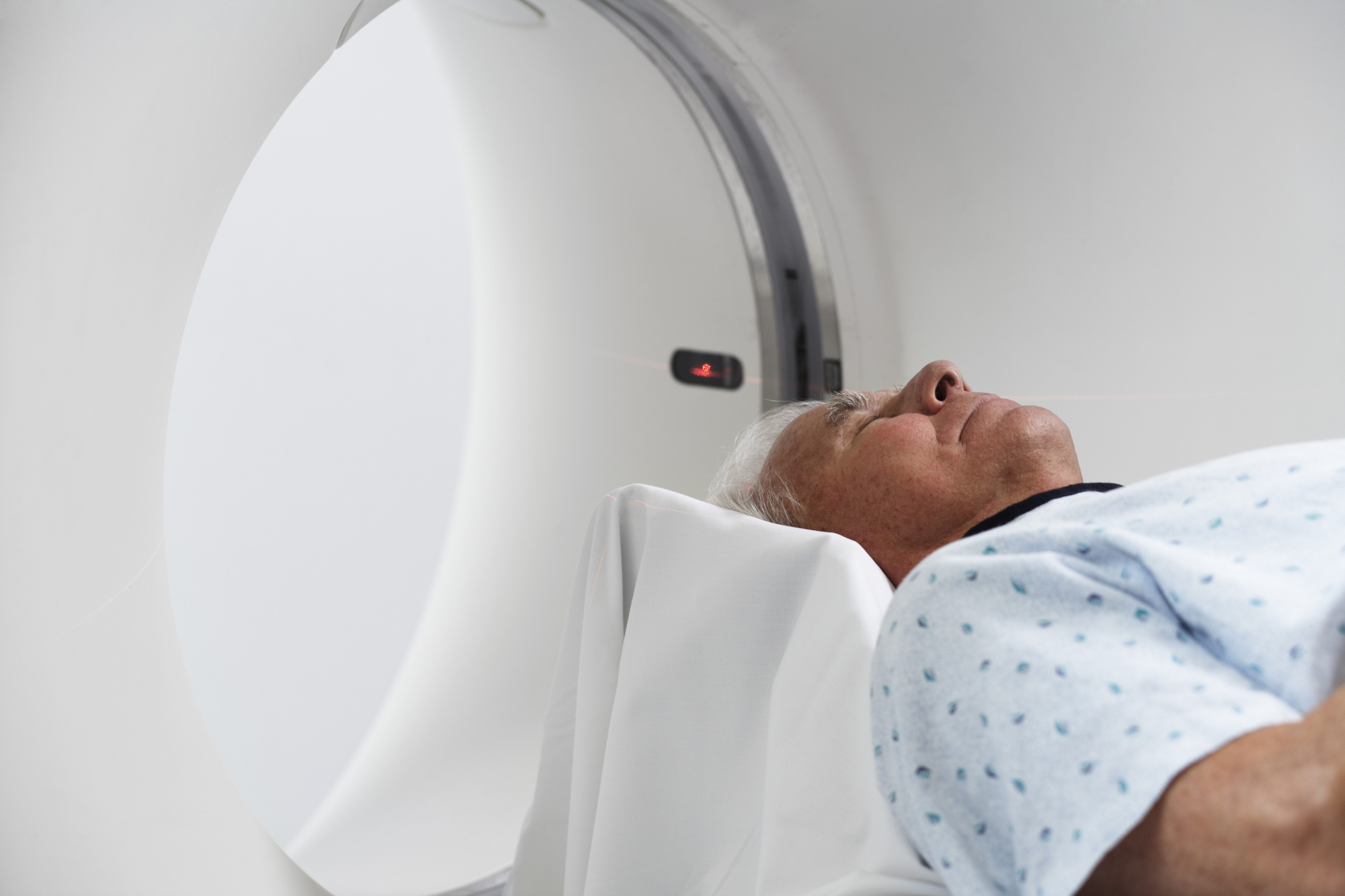Anxiety medications won’t increase the risk of dementia in seniors
Common anxiety medications like Xanax and Valium are not linked to an increased risk of dementia among seniors, according to new findings. Although these medications won’t contribute to memory loss, they do, however, come with other side effects and should still be used with caution. Previous research has found a minor link between anxiety medications ...click here to read more














